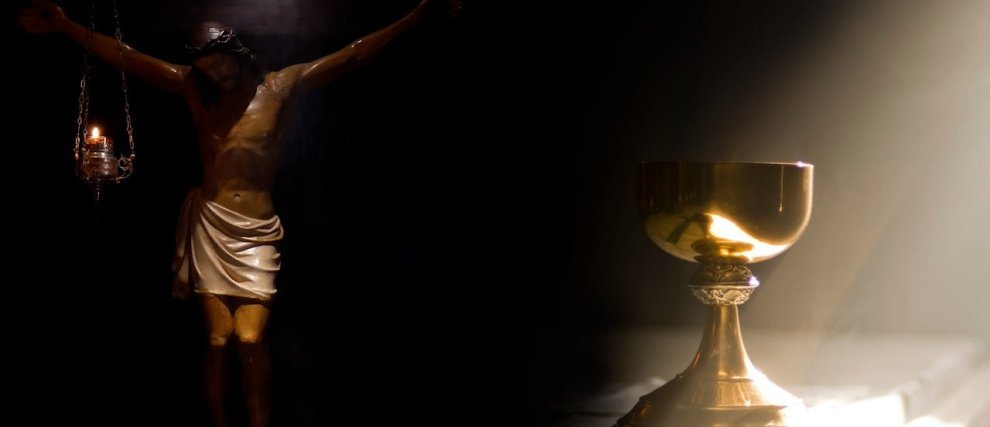Confirmation in the Catechism of the Catholic Church
The sacrament of confirmation is part of the sacraments of Christian initiation, along with baptism and the Eucharist. This sacrament is addressed specifically in Article 2 of the second section of the catechism on the seven sacraments of the Church, numbers 1285 to 1321.
Who can be confirmed?
The numbers 1306 to 1311 and 1318 to 1319 answer this question. We can in particular remember that any baptized person “not yet confirmed can and must receive the sacrament of confirmation” (No. 1306), that an “age of discretion or reason” is required to receive communion. However, in case of danger of death, a child must receive confirmation, even if they have not reached the “age of discretion” (No. 1307), that the sacrament of reconciliation is required to receive confirmation (No. 1310), that anyone requesting confirmation must seek “the spiritual help of a sponsor. (No. 1311), and finally that “A candidate for Confirmation who has attained the age of reason must profess the faith, be in the state of grace, have the intention of receiving the sacrament, and be prepared to assume the role of disciple and witness to Christ, both within the ecclesial community and in temporal affairs.” (No. 1319).
What is the Sacrament of Confirmation?
The numbers 1312 to 1314 answer this question. We can remember that in the Latin rite the bishop is the ordinary minister (No. 1313), he can “in case of necessity, concede the faculty to priests to administer confirmation” (No. 1313). Indeed, any priest can give confirmation to a Christian in danger of death (No. 1314).
How to prepare for the sacrament of confirmation
Preparation for the sacrament of confirmation is discussed in number 1309. It is mentioned that this preparation “should aim at leading the Christian toward a more intimate union with Christ and a more lively familiarity with the Holy Spirit - his actions, his gifts, and his biddings - in order to be more capable of assuming the apostolic responsibilities of Christian life.” This number finally reminds us of the importance of catechesis to awaken the sense of belonging as much to “the universal Church as to the parish community.”
How is the sacrament of confirmation celebrated?
The celebration of the sacrament of confirmation is discussed in numbers 1297 to 1301, and in numbers 1320 to 1321.
We can remember that in the Roman rite confirmation is celebrated separately from baptism except “when an adult is baptized, he immediately receives confirmation” (No. 1298), that this sacrament “begins with the renewal of the promises of baptism and the profession of faith of the confirmands” (Nos. 1298 and 1321), that the bishop “stretches out his hands on all the confirmands” to “invoke the outpouring of the Spirit” (No. 1299), that the essential rite of this sacrament is “conferred by the anointing of the holy chrism on the forehead, made by laying on the hand, and by these words: “Be sealed with the Gift of the Holy Spirit” (No. 1300 and 1320)and finally that the kiss of peace completes the rite. He manifests communion with the bishop and all the faithful. (No. 1301).
What are the effects of confirmation?
The effects for those who receive this sacrament are: a deeper rootedness in divine filiation, a firmer union with Christ, an increase in the gifts of the Holy Spirit, a more perfect bond with the Church, a “special force of the Holy Spirit to spread and defend the faith by word and deed as true witnesses of Christ” (No. 1303)
Once confirmed, can one’s confirmation be denied?
As we have already said for baptism, confirmation is indelible. The number 1317 says with regard to this question: “Confirmation, like Baptism, imprints a spiritual mark or indelible character on the Christian's soul; for this reason one can receive this sacrament only once in one's life.”
With Hozana, let us ask for the Outpouring of the Holy Spirit to rekindle the fire in us. For example, this or .

